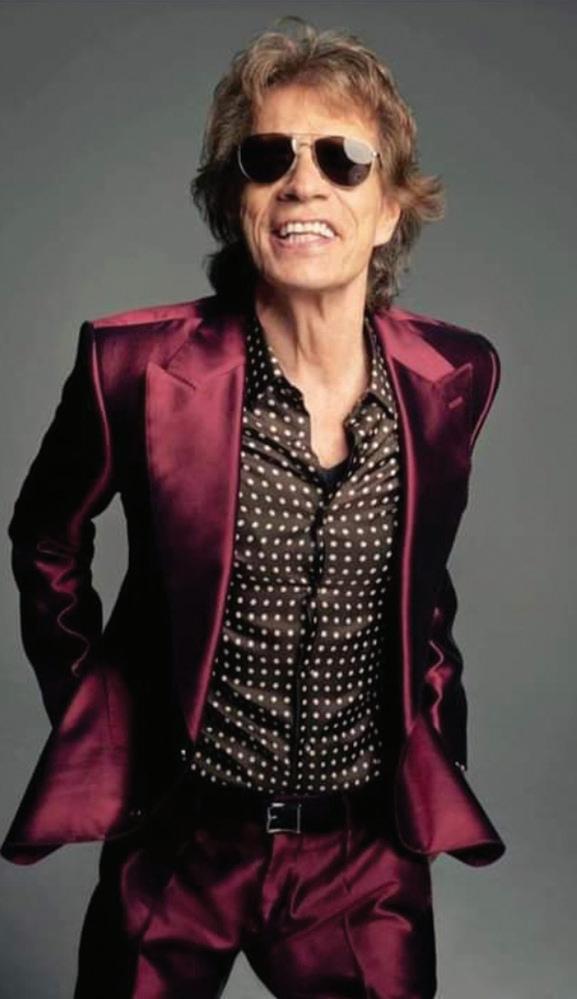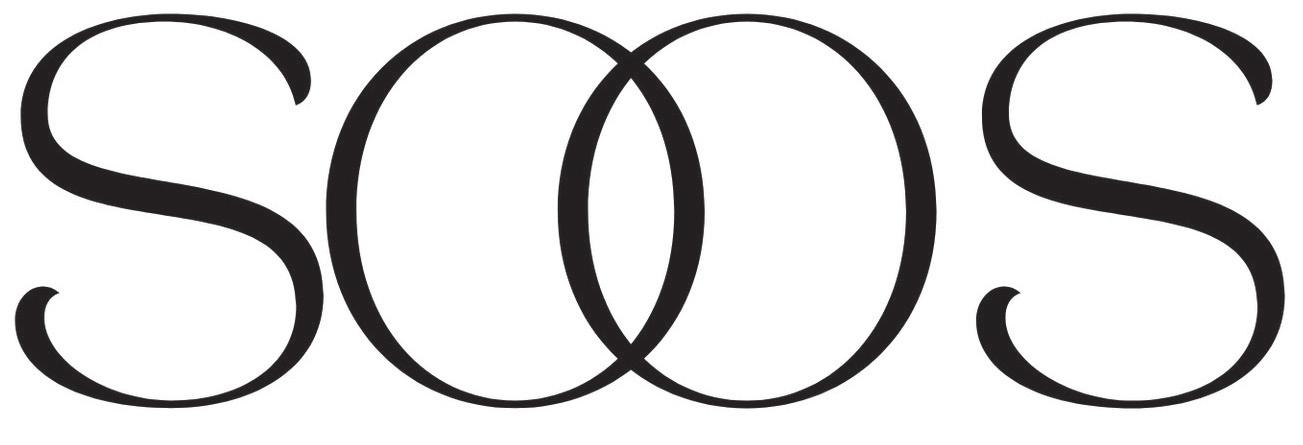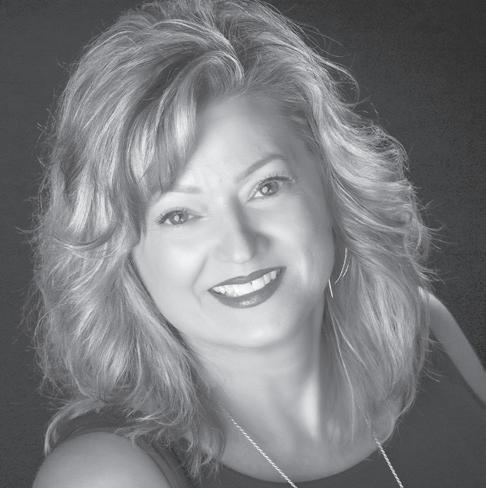
1 minute read
HOWOLD ARE YOU?
“Age is just a number,” goes a stale old quip, “and mine is unlisted.” Maybe that line was already stale twenty years ago, but age is just a number is a profound truth. That number — whatever it might be for any one of us — has no particular bearing on anything. One person in their 40s or 50s might be out of breath as they hobble painfully around on wobbly knees, while for someone else in their 70s it’s no big deal to walk 5 brisk miles every morning.
The perfect Exhibit A might be the two men above, Kentucky senator Mitch McConnell and Rolling Stones lead singer Mick Jagger. We won’t tell you which one is which, age-wise, but one man is 80 and the other is 81. They may be contemporaries as defined by date of birth, but if you’ve seen them both at work, their ages might as well be decades apart.

Remember when you thought 40 or 50 was absolutely ancient? When you reached those milestone ages you may have realized how wrong you were: “old age” was still far into the distant future. Or maybe you were right after all and at 40 or 50 you really did feel ancient. What makes the difference? It’s the investment each of us makes in our health throughout life. Living a salubrious lifestyle pays handsome dividends, especially after investing for years. But even for those who get a late start, the payoffs are still there.

The CDC estimates 85% of people will get an HPV infection in their lifetime.3 HPV can cause cancers of the cervix, vagina, and vulva; penis; anus; and back of the throat (oropharyngeal). It is also responsible for genital warts. It is spread through skin-to-skin contact and is the most common sexually transmitted infection in the United States.2 Fortunately, an effective and safe vaccine is available that can protect your children against the virus and dramatically reduce their risk for HPV associated cancers later in life.
The Amazing HPV Vaccine

augusta.edu/cancer/community

The HPV vaccine is highly effective in protecting against nine of the highest risk strains of the virus.4 For people vaccinated before being exposed to HPV, the vaccine is more than 90% effective at protecting against HPV associated cancers and almost 100% effective at protecting against genital warts.4 Most HPV transmission happens when people first become sexually active, so it is best to get vaccinated early before sexual contact occurs. For this reason, the recommended age for HPV vaccination is 11 to 12, but the series is routinely given to anyone ages 9-26 and is approved for people up to age 45.5 When children are vaccinated before the age of 15,








